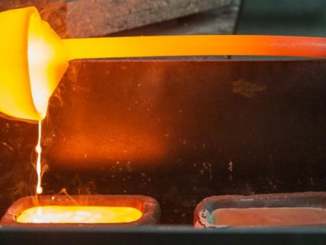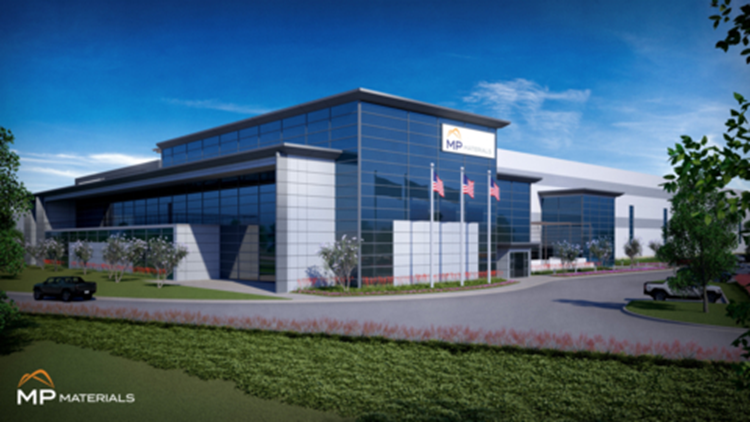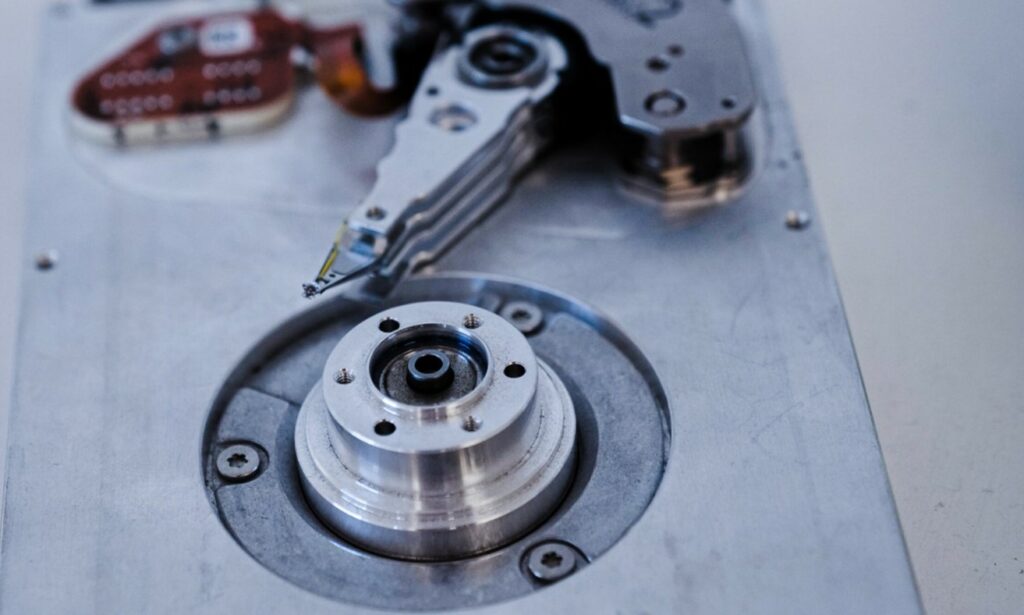
Recycling magnets from computer hard drives has garnered the attention — and opened the wallet — of Microsoft’s Climate Innovation Fund. It’s one of several new avenues that Cyclic Materials of Toronto is pursuing to gather more magnets into its supply stream and extend the reach for its technology. Auto salvage in the UK is another, marking the company’s first overseas feedstock deal – and with ties to parent companies IAA and Ritchie Auctions which have extensive worldwide operations in the used vehicle business.
Established in 2021, Cyclic develops metallurgical technologies for transforming end-of-life products into valuable raw materials. It recently opened its Hub100 plant in Kingston, Ontario, deploying its REEPure technology to generate a domestic source of mixed rare earth oxide in North America.
In July, the Microsoft fund made an equity investment of an undisclosed amount in Cyclic. Microsoft characterized the investment as representative of its commitment to a circular economy and interest in hard drive rare earth element recycling.
Over the past two years, Cyclic has developed a patent-pending technology named CC360 for recovering rare earths contained in end-of-life hard drives. While hard drives are typically sent to an IT asset disposal company at the end of life, this disposal process is designed for data destruction, followed by shredding of drives for the recovery of other metals such as gold and silver. The rare earths contained are currently not recovered. With CC360, however, disposal companies can separate a portion of hard drives for rare earth recovery while retaining the rest for their traditional process. The separated magnets can then be processed by Cyclic’s processing technologies, unlocking an additional value stream from hard drive disposal.
“Microsoft is working to achieve zero waste across our direct operations, products, and packaging by 2030. This means adopting a circular economy approach,” said Brandon Middaugh, senior director of the fund. “As demand for rare earth elements continues to grow in importance, we’re excited to support the creation of a sustainable supply of these materials with this investment.”
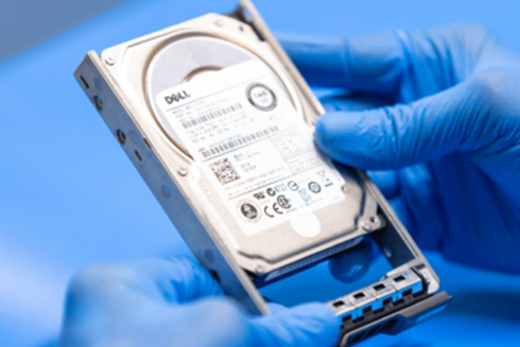
The backing was influenced by recent success Cyclic has demonstrated with hard drives. “We have been working with Cyclic over the past few months to trial the use of the CC360 in our operations. We have seen tremendous performance improvements through the development and achieved throughput of one hard drive per second,” said Sean Magann, chief commercial officer at Sims Lifecycle Services, an IT asset disposal company located in the UK. “This solution enables us to drive further value out of disposed hard drives, by reclaiming the critical rare earths, while maintaining the data security of the hard drives being disposed. An additional benefit is the reduction of magnets clogging our shredders. We look forward to deploying this technology across our operations.”
SLS is the main European subsidiary of global metal and electronics recycler Sims Ltd of Australia. Another subsidiary, Sims Metal, buys and processes scrap metal from businesses, other recyclers and the general public, and conducts recycling of ferrous and non-ferrous metals at more than 200 processing facilities in the USA, UK and Australasia.
“We’re thrilled by this endorsement from Microsoft’s Climate Innovation Fund as a key strategic investor who is like minded in creating a circular supply chain for rare earth elements contained in hard drives used in their data center operations,” said Ahmad Ghahreman, co-founder and CEO of Cyclic Materials.
“This support enables us to accelerate the deployment of our commercial facilities, which is a critical step in growing the domestic supply of rare earths in North America that support the energy transition. Additionally, we value the input that SLS has provided, helping us to validate our new CC360 technology that we believe will prove invaluable to large data center operators such as Microsoft as they work towards their circularity and sustainability goals.”
Supply deal for magnets from auto salvage leader Synetiq in UK
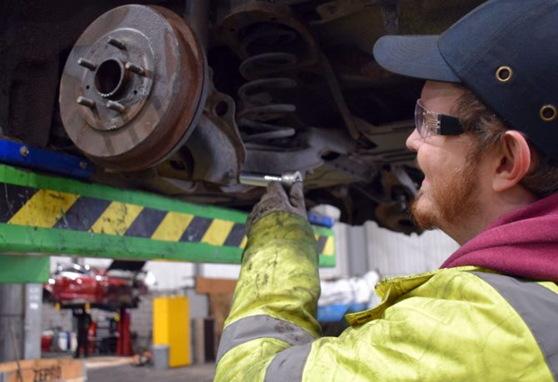
In August, Cyclic began a collaboration for the recycling of electric motors containing rare earths with Synetiq, a high-tech leaning vehicle salvage and recycling company in the UK. The motors to be supplied include drive motors in hybrid and electric vehicles, as well as auxiliary motors present in all vehicles.
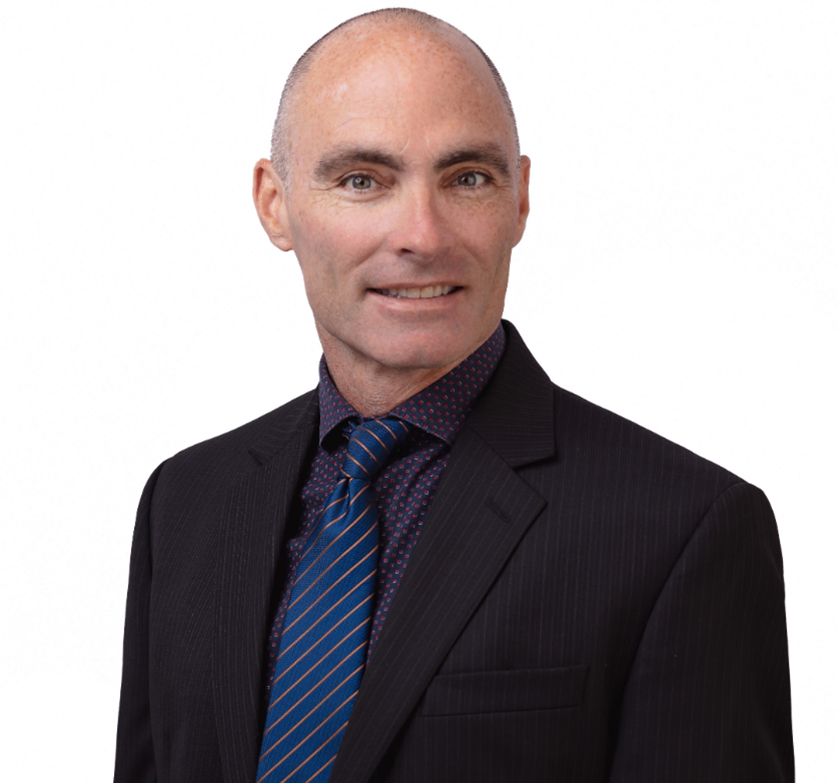
“This relationship marks Cyclic Materials’ first overseas feedstock contract, a significant milestone as we continue to expand our business from North America across Europe in the months ahead. Partnering with Synetiq was a clear decision, as both companies are committed to circular alternatives, specifically for electric motors,” said Patrick Nee, senior vice president of strategic partnerships and co-founder of Cyclic Materials. “This agreement represents a notable step forward in our mission to advance sustainable solutions for rare earth recycling to drive the circular economy forward across the globe. Together, we are committed to accelerating industry-wide change in how electric motors are recycled.”
An experienced tech entrepreneur with extensive global experience, Nee has a bachelor’s degree in mechanical engineering from the Massachusetts Institute of Technology, a master’s degree in mechanical engineering from the Tokyo Institute of Technology, and an MBA from Columbia University. He is a World Economic Forum Technology Pioneer, and has lived in New York, San Francisco, Boston, Tucson, Tokyo, Osaka, Milan and Panama.
“We are excited to announce Synetiq’s new collaboration with Cyclic Materials, said Michael Hill, operations director for Synetiq. “At the core of our circular model, this agreement exemplifies our commitment to sustainability, innovation, and responsible practices.”
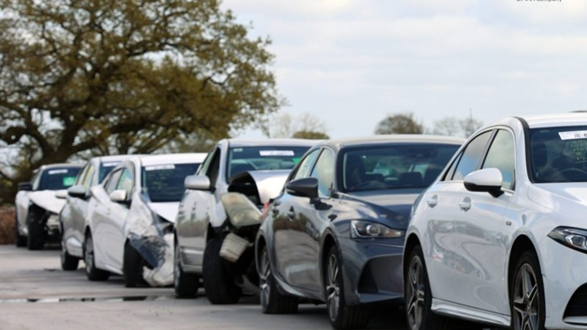
An integrated vehicle salvage, dismantling and recycling operation, Synetiq is part of IAA (formerly Impact Auto Auctions) which is a Ritchie Bros. Auctioneers company. IAA serves a global buyer base located in over 170 countries along with a full spectrum of sellers including insurers, dealerships, fleet lease, rental car companies and charitable organizations. Ritchie Bros. has over 7,000 employees worldwide and is headquartered near Chicago in Westchester, Illinois. A proactive handler of electric and hybrid vehicles, Synetiq enrolls its technicians in specialized training for the purpose.
According to Cyclic, its proprietary Mag-Cycle and REEPure technologies are the first in the world with the capacity to separate magnets from end-of-life products such as electric motors and then convert this magnet product to mixed rare earth oxides, cobalt-nickel hydroxides and other raw materials. Feedstock from Synetiq will be received by Cyclic’s “spoke” facility and processed with Mag-Cycle before ultimately sent to the Hub100 plant for processing using REEPure technology.
Salvage and dismantling yards, like those operated by SYNETIQ, can maximize the materials and value recovered from hybrid and electric vehicles, as well as smaller motors in internal combustion engine vehicles, through partnerships such as this one, says Cyclic.
For more info, see previous reports in Magnetics Magazine on Cyclic Materials, www.cyclicmaterials.earth, www.synetiq.co.uk, www.simslifecycle.com, www.microsoft.com.


